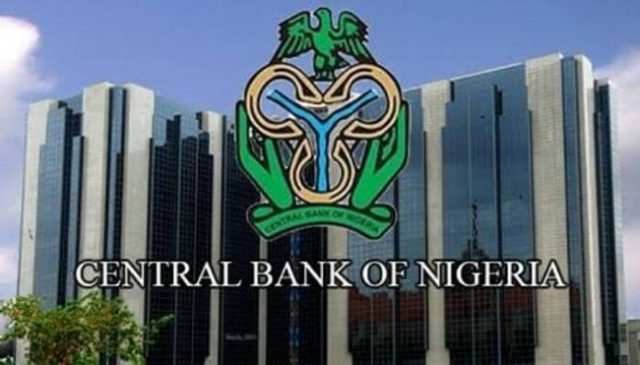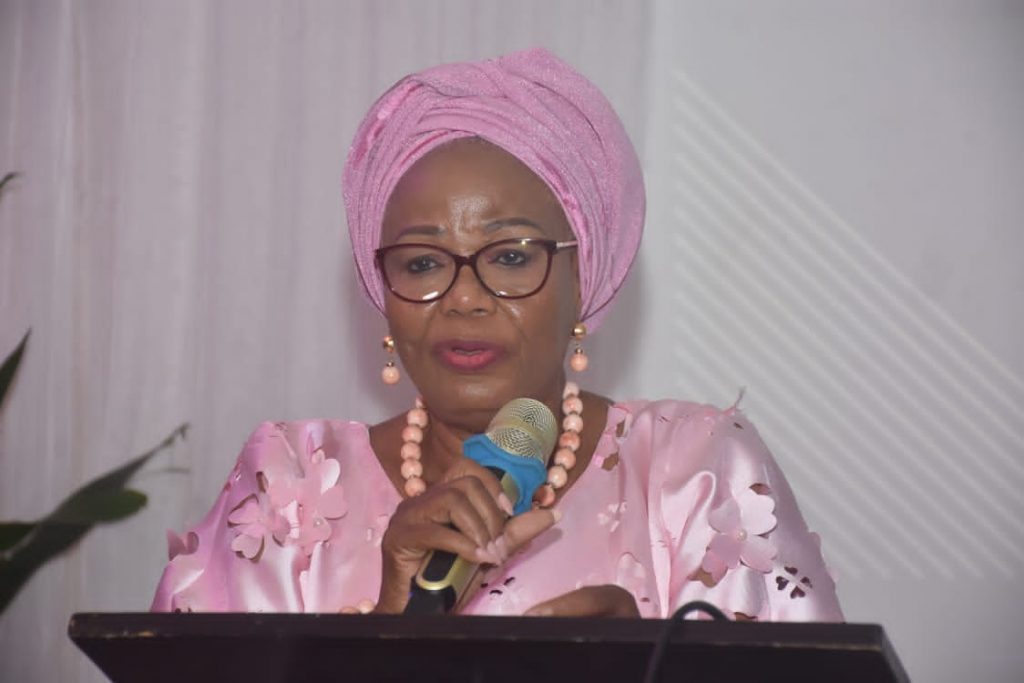Nigerians’ spending on foreign education dropped dramatically by 83% in the first quarter of 2024, according to data from the Central Bank of Nigeria (CBN). The amount spent fell to $38.17 million from $218.87 million in the same period last year.

On a quarter-by-quarter basis, however, spending increased by 54% from $24.82 million in Q4 2023. This decrease in foreign exchange (FX) allocation for education coincides with a significant drop in international student enrolment at UK universities earlier this year. A survey by Universities UK showed a 44% decrease in postgraduate enrolments in January, more than anticipated, creating financial strains for universities.
Data from Enroly also indicated a decline in interest among international students, reflected in a substantial drop in deposit payments.
In February 2024, CBN Governor Yemi Cardoso highlighted that the high expenditure on foreign education and medical tourism contributes to Nigeria’s foreign exchange challenges. Cardoso noted that $40 billion has been spent on these sectors, impacting the naira’s value and contributing to the currency’s devaluation.
While spending on foreign education decreased, there was a notable increase in foreign exchange spending for health-related and social services. The CBN reported a 122% increase in health-related services from $1.04 million in Q1 2023 to $2.31 million in Q1 2024, and a 485% rise from $0.39 million in Q4 2023.
To address these issues, the CBN has introduced stringent measures for purchasing foreign currencies through Bureau De Change (BDC) operators. New regulations cap foreign currency purchases for education at $10,000 per customer annually and for medical bills at $5,000 per annum. Transactions must be conducted through a BDC’s domiciliary account with a Nigerian bank, directly to the educational or medical institution, and accompanied by specific documentation.
The revised guidelines, approved in May 2024, are expected to further limit foreign exchange spending on foreign education and medical tourism.





